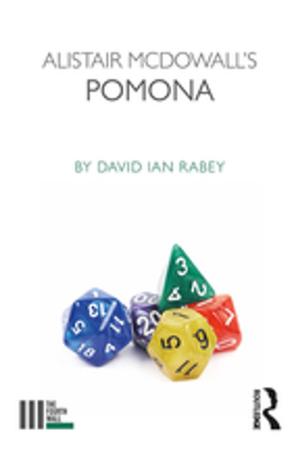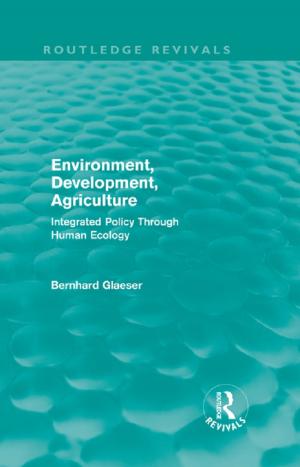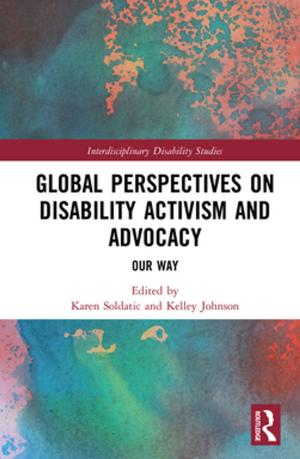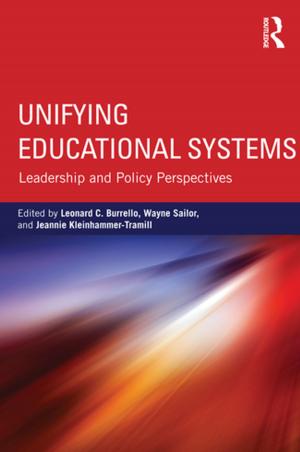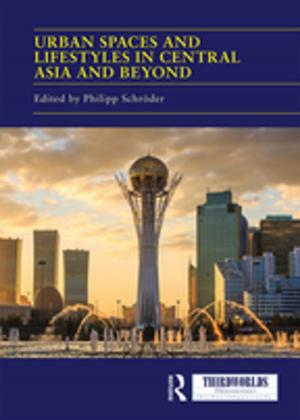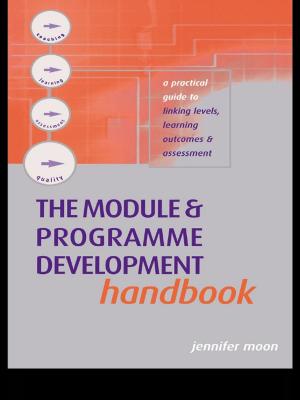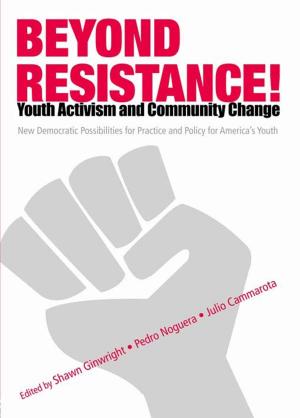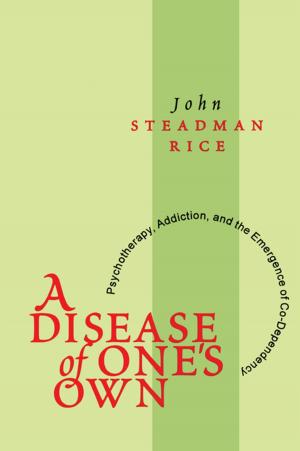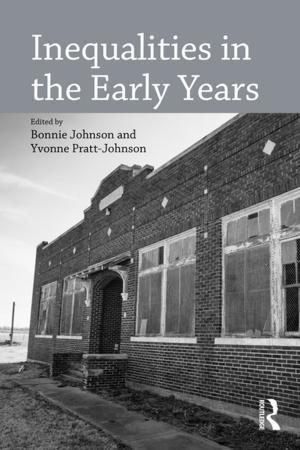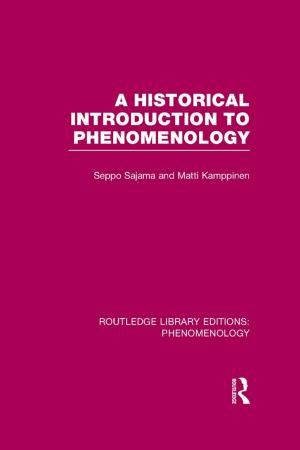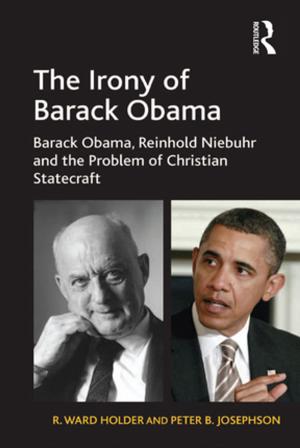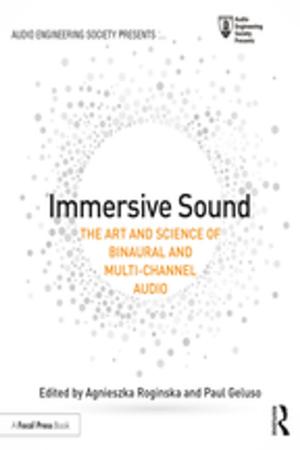Debating a Post-American World
What Lies Ahead?
Nonfiction, Social & Cultural Studies, Political Science| Author: | ISBN: | 9781136576737 | |
| Publisher: | Taylor and Francis | Publication: | June 17, 2013 |
| Imprint: | Routledge | Language: | English |
| Author: | |
| ISBN: | 9781136576737 |
| Publisher: | Taylor and Francis |
| Publication: | June 17, 2013 |
| Imprint: | Routledge |
| Language: | English |
The United States is currently the linchpin of global trade, technology, and finance, and a military colossus, extending across the world with a network of bases and alliances. This book anticipates the possible issues raised by a transition between American dominance and the rise of alternative powers.
While a ‘post-American’ world need not be any different than that of today, the risk associated with such a change provides ample reason for attentive study. Divided into four parts, 50 international relations scholars explore and discuss:
-
Power Transitions: addressing issues including the rise of China; the passing of American primacy and the endurance of American leadership.
War and Peace: addressing nuclear weapons; the risk of war; security privatization and global insecurity
Global Governance: addressing competition, trade, the UN, sovereignty, humanitarian intervention, law and power.
Energy and the Environment: addressing resource conflict, petrol, climate change and technology.
This unique project offers a compilation of disparate arguments by scholars and policy practitioners, encompassing a plurality of disciplines and theoretical perspectives. By providing clarity and focus to this essential debate on the future of the world in the next several decades, Debating a Post-American World will be of interest to students and scholars of International Relations and global politics, American politics, US Foreign policy and International Security.
The United States is currently the linchpin of global trade, technology, and finance, and a military colossus, extending across the world with a network of bases and alliances. This book anticipates the possible issues raised by a transition between American dominance and the rise of alternative powers.
While a ‘post-American’ world need not be any different than that of today, the risk associated with such a change provides ample reason for attentive study. Divided into four parts, 50 international relations scholars explore and discuss:
-
Power Transitions: addressing issues including the rise of China; the passing of American primacy and the endurance of American leadership.
War and Peace: addressing nuclear weapons; the risk of war; security privatization and global insecurity
Global Governance: addressing competition, trade, the UN, sovereignty, humanitarian intervention, law and power.
Energy and the Environment: addressing resource conflict, petrol, climate change and technology.
This unique project offers a compilation of disparate arguments by scholars and policy practitioners, encompassing a plurality of disciplines and theoretical perspectives. By providing clarity and focus to this essential debate on the future of the world in the next several decades, Debating a Post-American World will be of interest to students and scholars of International Relations and global politics, American politics, US Foreign policy and International Security.

